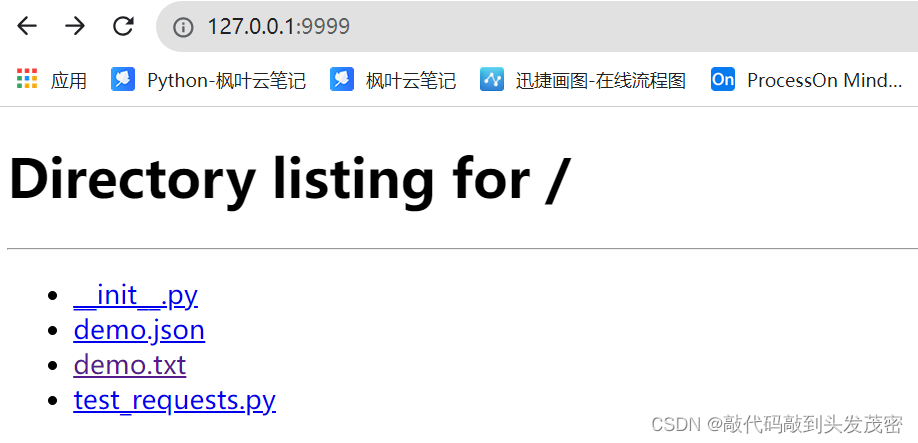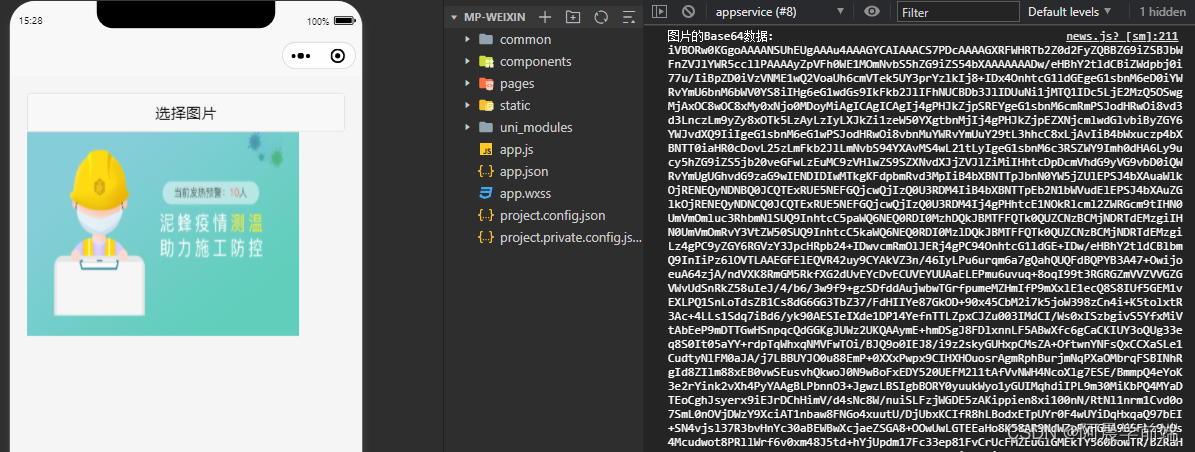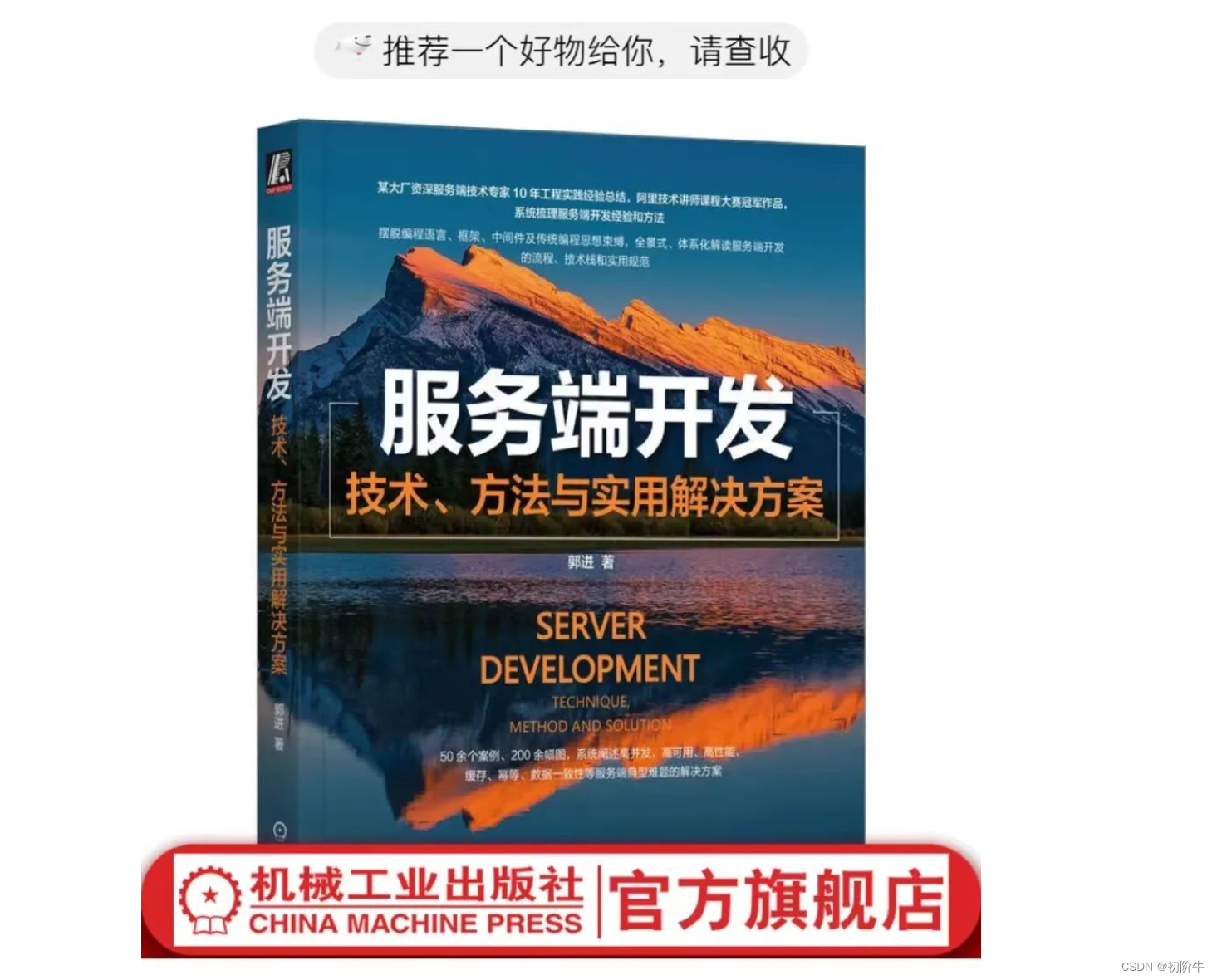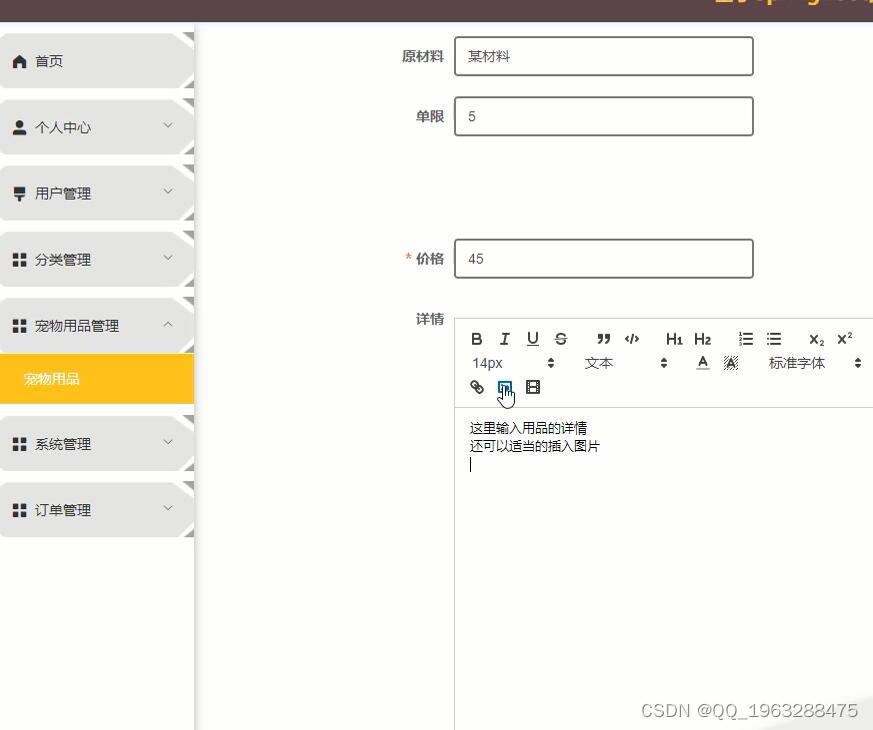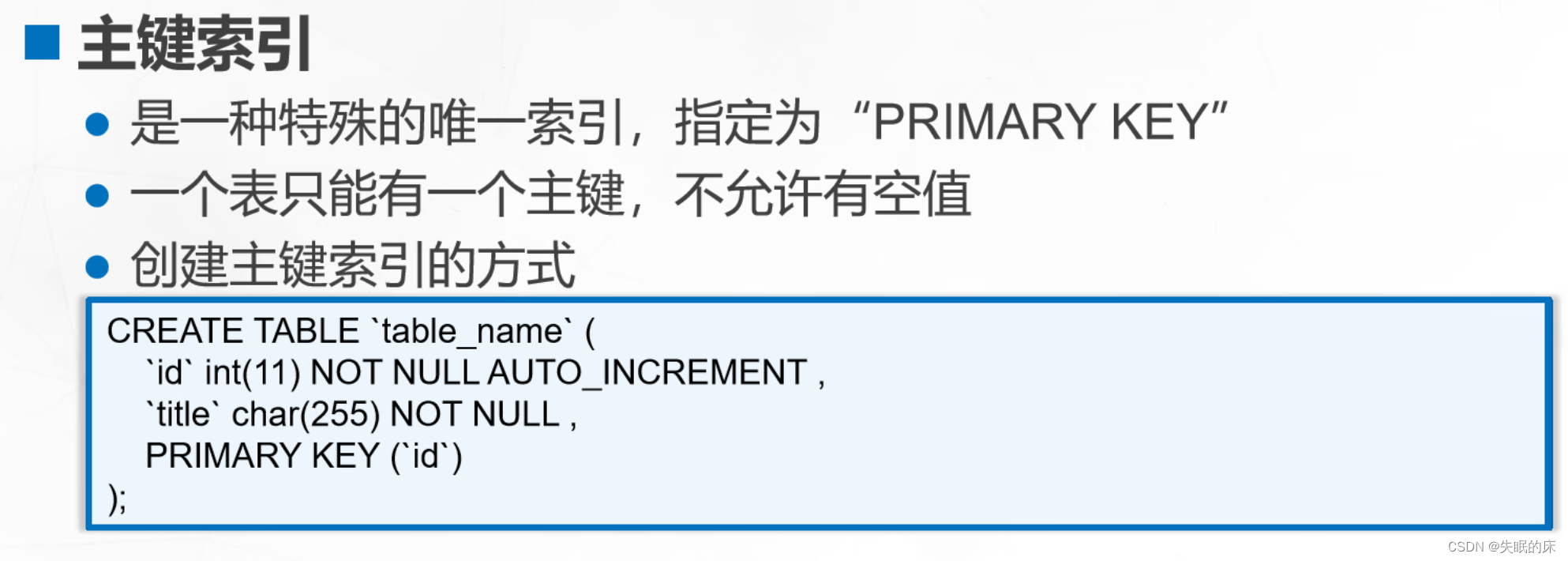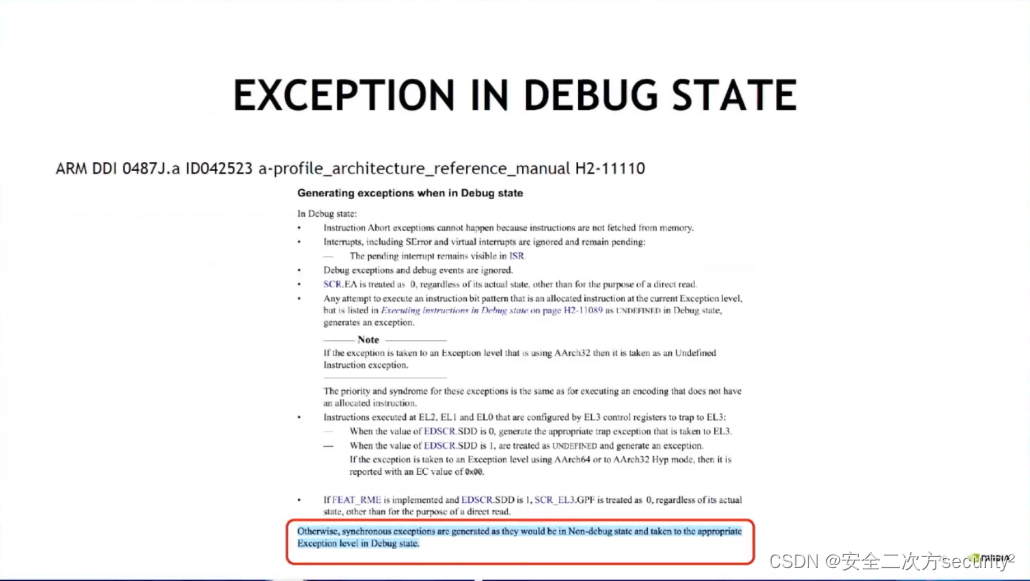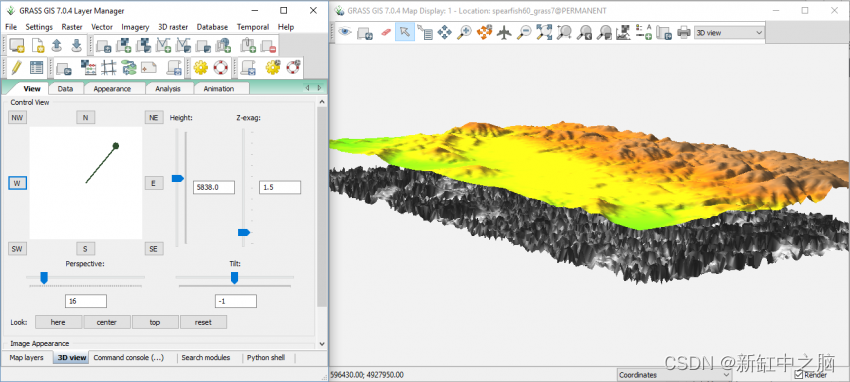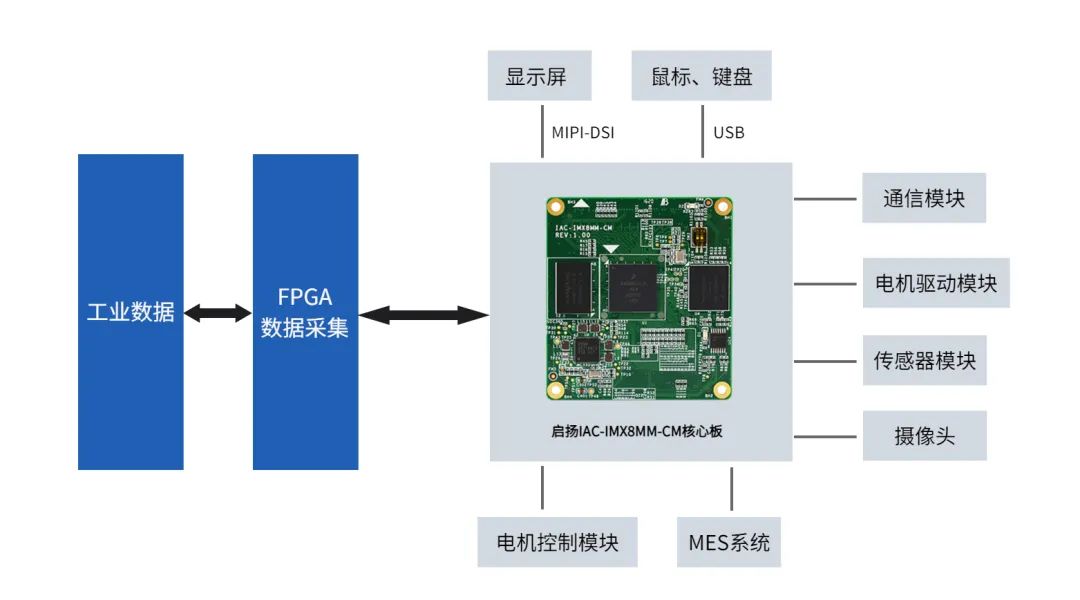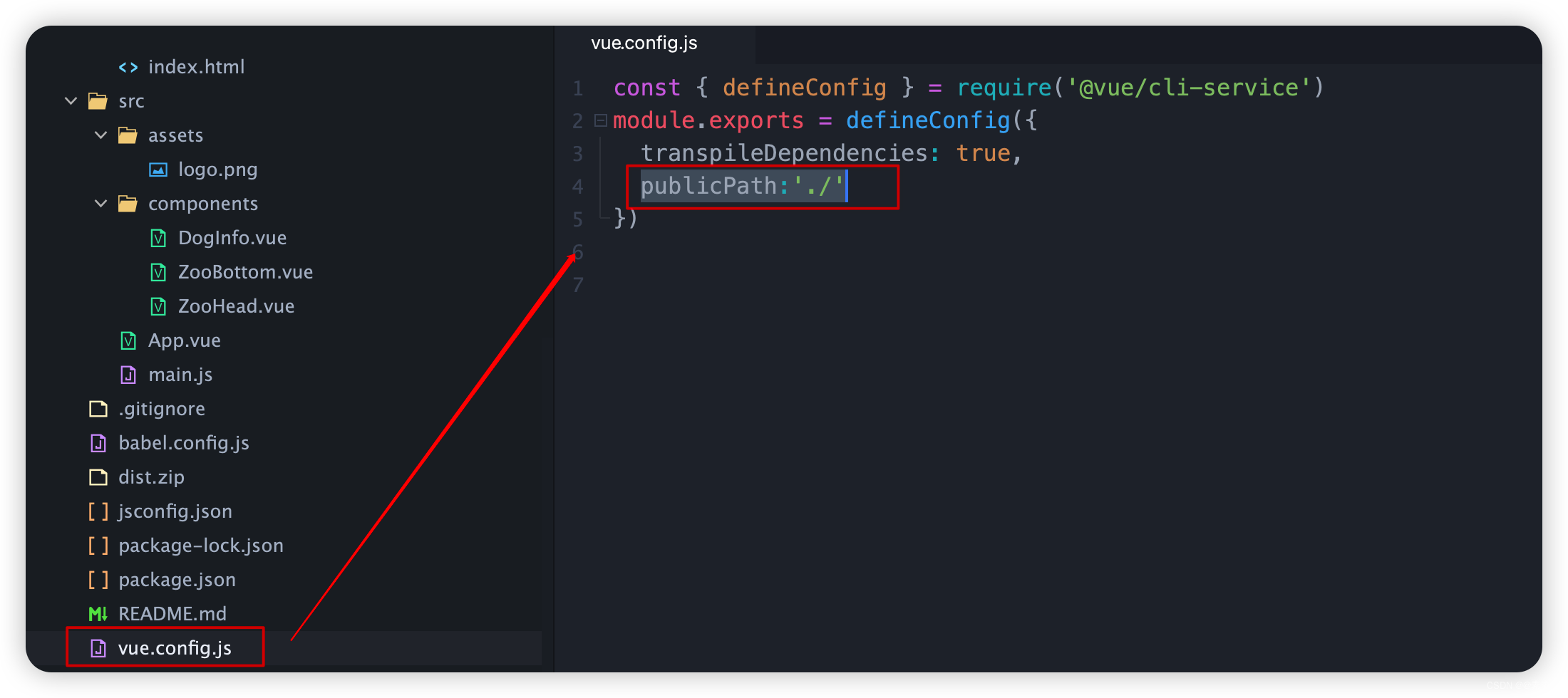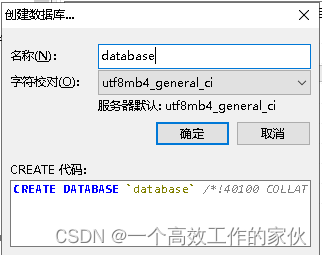ThinkPHP 资源路由的简单使用,restfull风格API
- 一、资源控制器
- 二、资源控制器简单使用
一、资源控制器
资源控制器可以轻松的创建RESTFul资源控制器,可以通过命令行生成需要的资源控制器,例如生成index应用的TestR资源控制器使用:
php think make:controller index@TestR
# php think make:controller 应用名@资源控制名
或者使用完整的命名空间生成
php think make:controller app\index\controller\TestR
# php think make:controller app\应用名\controller\资源控制器名
如果只是用于接口开发,可以使用
php think make:controller index@TestR --api
# php think make:controller 应用名@资源控制名 --api
然后你只需要为资源控制器注册一个资源路由:
// Route::resource('自定义的路由名称','控制器名称')
Route::resource('a', 'TestR');
设置后会自动注册7个路由规则,对应资源控制器的7个方法
| 标识 | 请求类型 | 生成路由规则 | 对应操作方法(默认) |
|---|---|---|---|
| index | GET | TestR | index |
| create | GET | TestR/create | create |
| save | POST | TestR | save |
| read | GET | TestR/:id | read |
| edit | GET | TestR/:id/edit | edit |
| update | PUT | TestR/:id | update |
| delete | DELETE | TestR/:id | delete |
二、资源控制器简单使用
首先使用命令,快速创建API资源控制器
php think make:controller index@TestR --api
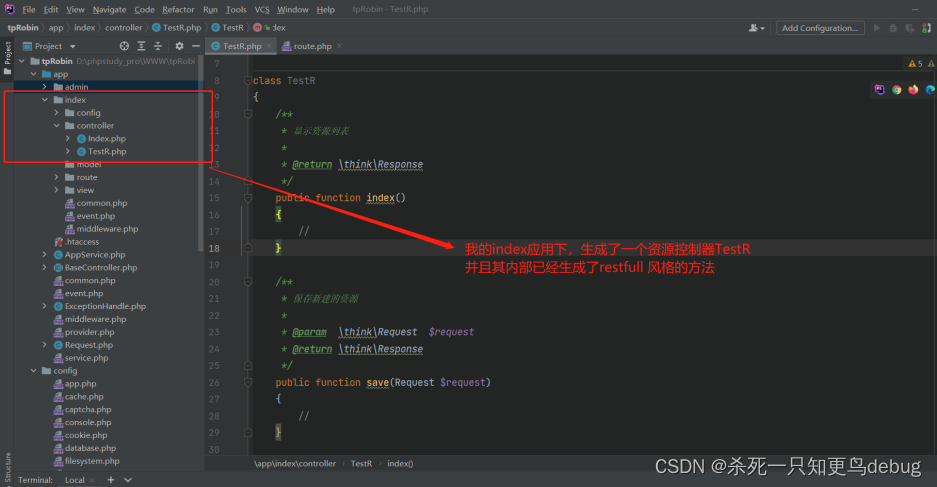
接着,去相应的应用中注册一个资源路由
<?php
use think\facade\Route;
// restfull 资源路由
Route::resource('a', 'TestR');

将资源控制器中的方法写一些输出,用于测试一下restfull风格的资源控制器,这里我只给index和read方法写了方法体,简单测试一下
<?php
declare (strict_types = 1);
namespace app\index\controller;
use think\Request;
class TestR
{
/**
* 显示资源列表
*
* @return \think\Response
*/
public function index()
{
//
dump('index');
}
/**
* 保存新建的资源
*
* @param \think\Request $request
* @return \think\Response
*/
public function save(Request $request)
{
//
}
/**
* 显示指定的资源
*
* @param int $id
* @return \think\Response
*/
public function read($id)
{
//
dump($id);
}
/**
* 保存更新的资源
*
* @param \think\Request $request
* @param int $id
* @return \think\Response
*/
public function update(Request $request, $id)
{
//
}
/**
* 删除指定资源
*
* @param int $id
* @return \think\Response
*/
public function delete($id)
{
//
}
}
测试 资源路由的 index 方法,其访问路径为 域名/index.php/路由,因为这里我还没有重写Apache的重写规则,所以index.php入口还是得敲到地址栏中。

测试 资源路由的 read 方法,此时已经能体现出restful路由的好处了,请求url变得更为简洁和安全。



![[C/C++]笔记-函数的栈空间(避免栈空间溢出)](https://img-blog.csdnimg.cn/cdb2ef309d7f4cd3a6e4d99918bcb5f5.png)

